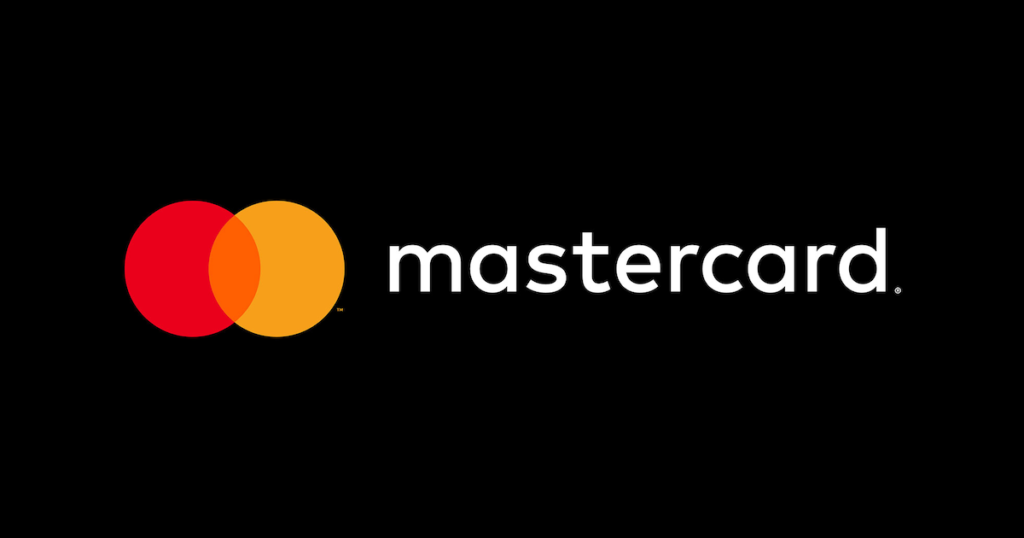Mastercard, a global payments leader, is venturing into new partnerships with self-custody wallet providers such as MetaMask and Ledger. Their shared objective is to enhance the crypto payment ecosystem, according to a Web3 strategy workshop report.
Mastercard’s Web3 Strategy
Mastercard believes that incorporating a payment card into the services offered by wallet providers can boost the user base, establish customer loyalty, and create additional revenue streams. This integration also provides cardholders with a seamless method of spending their cryptocurrency balance.
Mastercard aims to alleviate the significant resource demands that wallet providers face when launching a card in a new region. The company and its issuance partners plan to simplify this process while also exploring new models for global issuance using stablecoin on-chain settlement.
Innovative Products and Solutions
Mastercard is bringing its trusted and transparent approach to the digital assets space through a range of innovative products and solutions. These include the Mastercard Multi-Token Network, Crypto Credential, CBDC Partner Program, and new card programs that integrate both Web2 and Web3 technologies.
Mastercard’s commitment to crypto remains steadfast despite challenging market conditions and regulatory uncertainties, particularly in the United States. The company’s Engage program, launched earlier this year, focuses on bringing new crypto card programs to the market. In a similar vein, Visa has been collaborating with stablecoin USDC and the Solana blockchain for cross-border payments, and exploring solutions to issues such as Ethereum gas fees.

Ensuring Consumer Protection and Competitive Pricing
Mastercard plans to release a set of franchise standards, or rules for partner firms, to ensure consumer protection, competitive pricing, and compliance with transaction monitoring requirements. The company’s acquisition of blockchain analytics specialist CipherTrace in 2021 has enabled it to provide monitoring services to its partners.
Once these proposed standards are validated, Mastercard plans to issue a card targeting the European Union or the United Kingdom as its initial market.
Mastercard emphasizes that users want a simple solution for transactions. This means seamless transactions that do not require pre-funding, spending crypto, or dealing with tax implications.
Conclusion
Mastercard’s innovative approach to partnerships with self-custody wallet providers marks a significant step forward in the integration of traditional financial services and digital assets. By easing the process of introducing a card in a new region, exploring new models for global issuance, and ensuring consumer protection and competitive pricing, Mastercard is demonstrating its commitment to enhancing the crypto payment ecosystem.
With its focus on seamless transactions and its innovative products and solutions, Mastercard is well-positioned to lead the way in the evolving world of digital assets and Web3 technologies.




